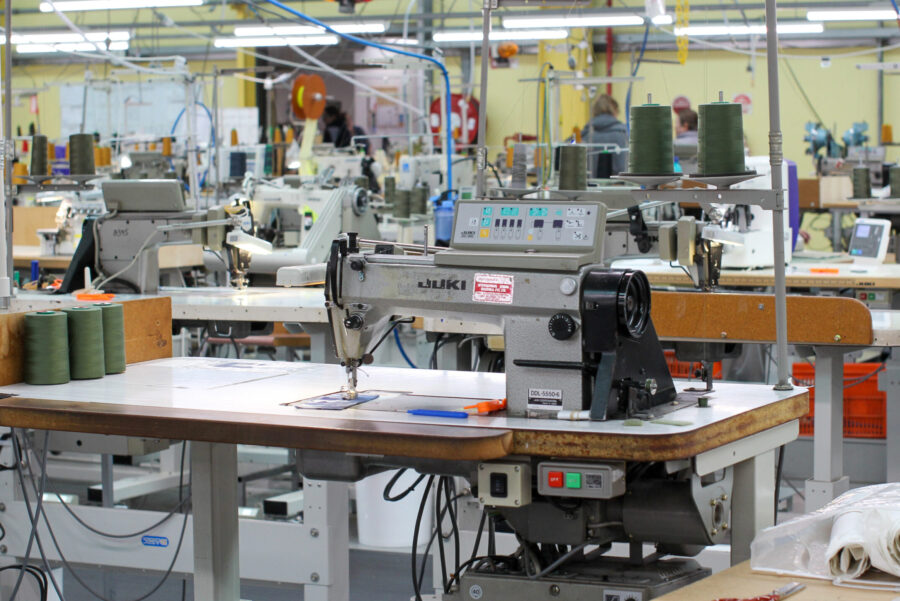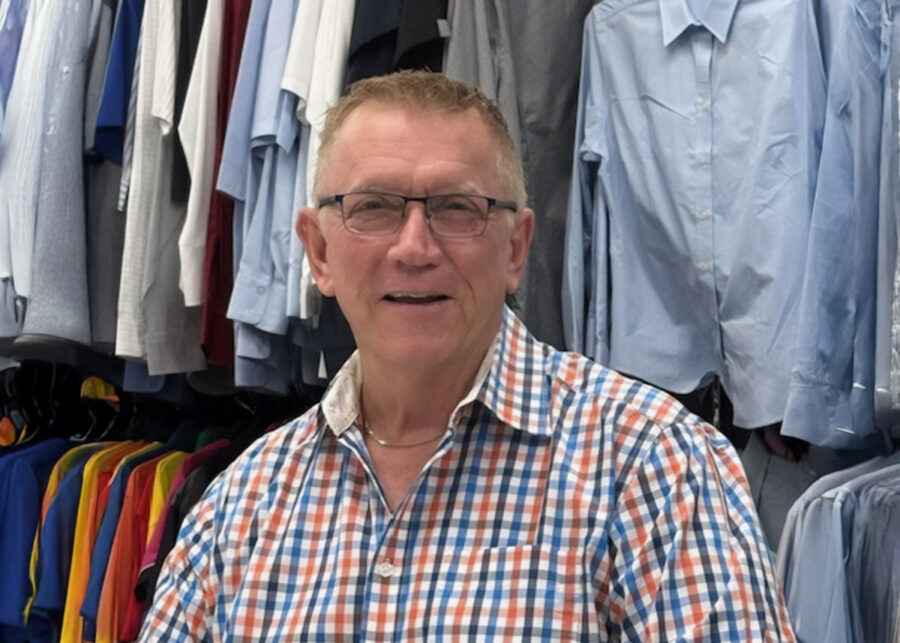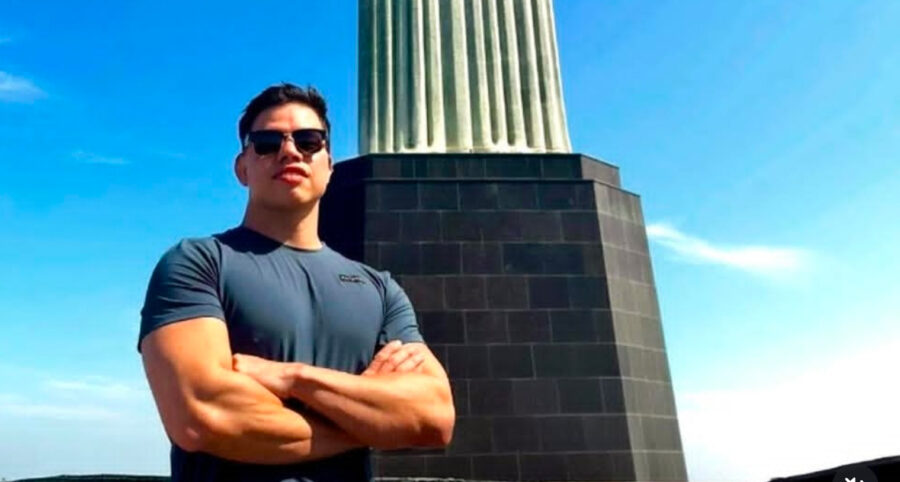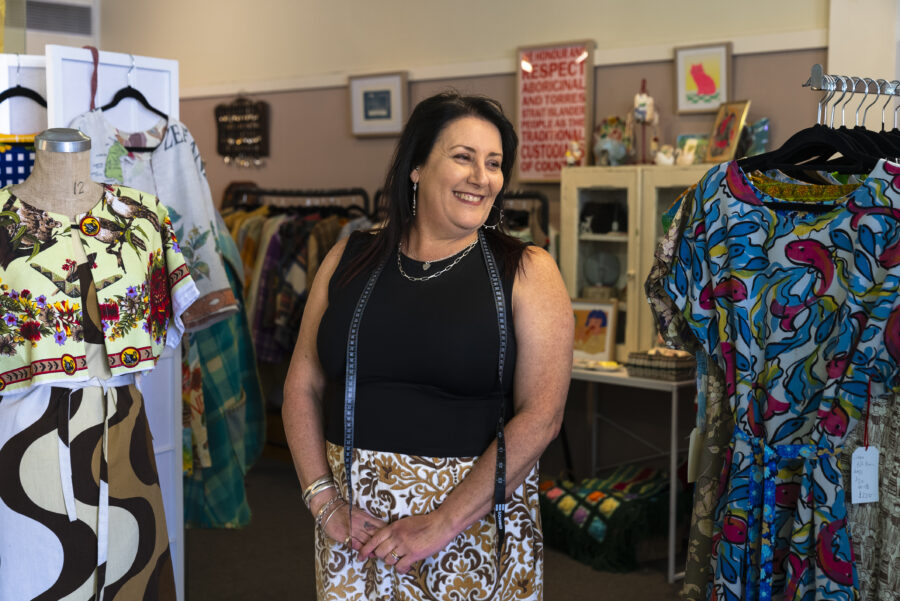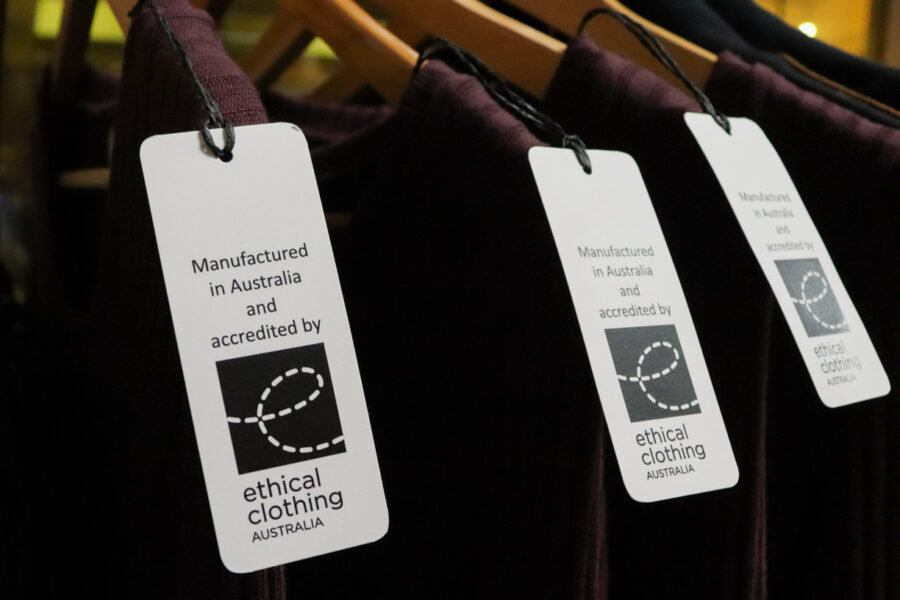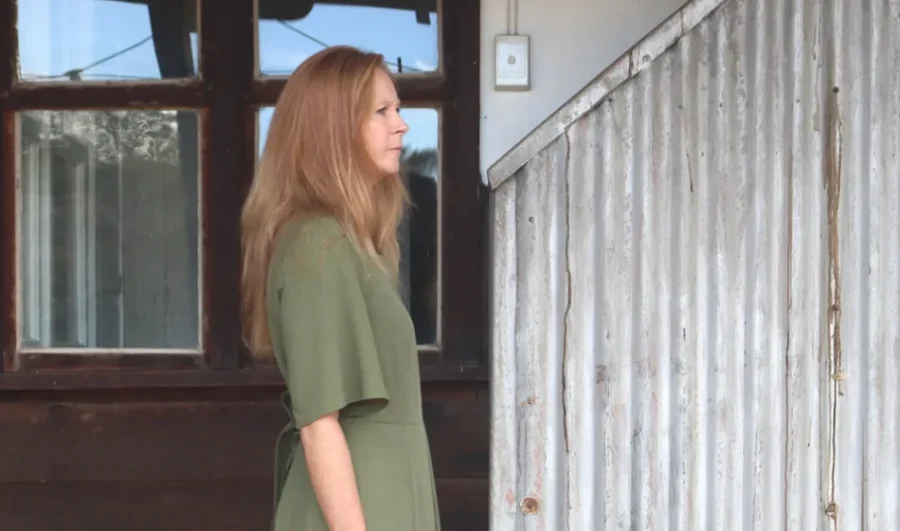25 Years of Protecting Workers: The Ethical Clothing Australia Story
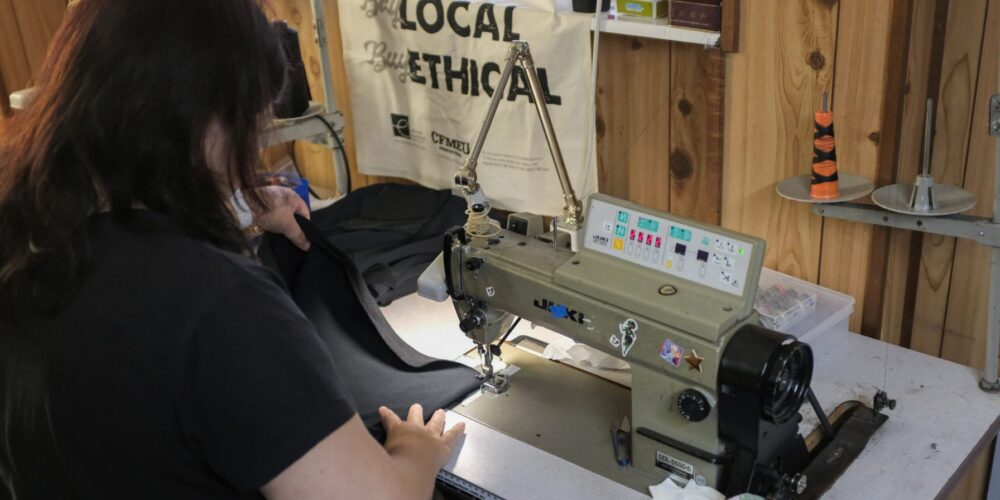
Imagine being an outworker in Australia in the 1990s and being paid as little as $2.80 an hour or nine cents per garment.
With little to no English, a lack of resources, and limited options for employment – it’s easy to see how this group is still considered at high-risk of worker exploitation. Ethical Clothing Australia was created in 2000 to protect outworkers, a group that historically experienced high incidents of wage theft and unsafe working conditions. Twenty five years later, we continue to lead the way for workers’ rights within the textile, clothing, and footwear (TCF) industry with the same vision and dedication.
Since the very beginning, our mission has remained the same: to protect and uphold the rights of local workers within the TCF industry. We do this through our rigorous accreditation program, the only ethical compliance body of its kind in Australia. This program works to ensure that no matter where workers are in their local supply chain – from design to dispatch – they are paid fairly, protected, and respected
From growing concerns to catalysts, name changes, and proud achievements, let’s look back at the key moments that helped shape Ethical Clothing Australia into the organisation it is today.
2000: The ‘No Sweatshop Label’ is formed
Ethical Clothing Australia was established in response to rising concerns about the exploitation of Australian garment workers, particularly of outworkers in local supply chains.
The accreditation program was developed as a multi-stakeholder initiative under the leadership of the local TCF Union (then known as the TCFUA), and businesses and employer groups, including the Australian Industry Group (AI Group) and the New South Wales Business Chamber. The program was developed as a means for local TCF businesses to demonstrate their compliance with Australian workplace laws.
Originally launched as the No Sweatshop Label, the accreditation body started with two part-time workers and received its first application in November 2000. The first business to join the accreditation program was the Australian Defence Apparel (ADA), which is still accredited to this day.
During this time, the ACCC authorised the Homeworkers Code of Practice to strengthen industry standards and protect outworkers.
2001: Initial Steps Forward
In August 2001, the No Sweat Shop Label has an official launch and the trademark is established. The following week, the label becomes an incorporated association in Victoria.
Also in 2021, a second business becomes accredited.
2007: Exploitation persists despite progress
Seven years after the establishment of the No Sweatshop Label, the Brotherhood of St Laurence released their Ethical threads report, which underscored the local garment industry’s lack of action to implement mandatory and voluntary processes to protect workers in supply chains. Shockingly, it showed that conditions in the industry were worsening, with outworkers earning between $2 and $3 an hour. Due to complex supply chains and a rise in outsourcing, many companies were unable to identify the serious labour rights issues taking place in their very own supply chains.
Knowledge deficits, a lack of oversight and a limited awareness and understanding of local laws only exacerbated the issue. Some businesses felt that that Australian consumers didn’t care where and how their garments were made, and the attitude that compliance with Australian laws and the Homeworkers Code of Practice was a barrier, led to deteriorating work conditions.
“If we work eight hours a day, five days a week, we would only earn $100 so it is not enough. It’s impossible to work less hours and earn the same as workers in the factory.”
- Outworker, Brotherhood of St Lawrence Ethical Threads report, 2017
During this time, the TCFUA continued to push for stronger protections through state and federal frameworks.
On an international scale, Global Union IndustriALL signed its first Global Framework Agreement with fashion giant Inditex, setting international standards for union rights, workplace safety, and fair conditions across its supply chain. This becomes a model for future agreements with other major TCF brands.
2008: Federal funding secured
Under the newly elected Labor Government led by Prime Minister Kevin Rudd, we secured federal funding to expand its accreditation and compliance program.
A senate inquiry into the Independent Contractors Bill in 2006 raised concerns about exploitation in the Textile, Clothing, and Footwear (TCF) industry. They emphasised the vulnerable position of workers and the need to maintain protections where they exist under state legislation. If these protections didn’t exist, minimum remunerations would be covered by the wages guarantee in the Australian Fair Pay and Conditions Standard. However, it was clear that more had to be done to protect outworkers and drive change within the industry.
2010: A name change and formal recognition for outworkers
What’s in a name? 2010 marked a fresh new chapter, when the ‘No Sweatshop Label’ officially became ‘Ethical Clothing Australia’.
Along with this significant change, a groundbreaking award was introduced to formally recognise outworkers. The Textile, Clothing, Footwear and Associated Industries Award 2010 was established, setting the minimum terms and conditions of employment for employees in the TCF industry in Australia. Covering employers and employees across Australia, it placed responsibility on employers to comply with specific obligations, such as ensuring minimum pay rates would be met, and providing standard conditions like overtime payments and penalty rates. The award ensured outworkers were acknowledged as employees and enabled the TCFUA to enforce award provisions to safeguard outworkers and factory workers – reinforcing protections first established in the 1980s.
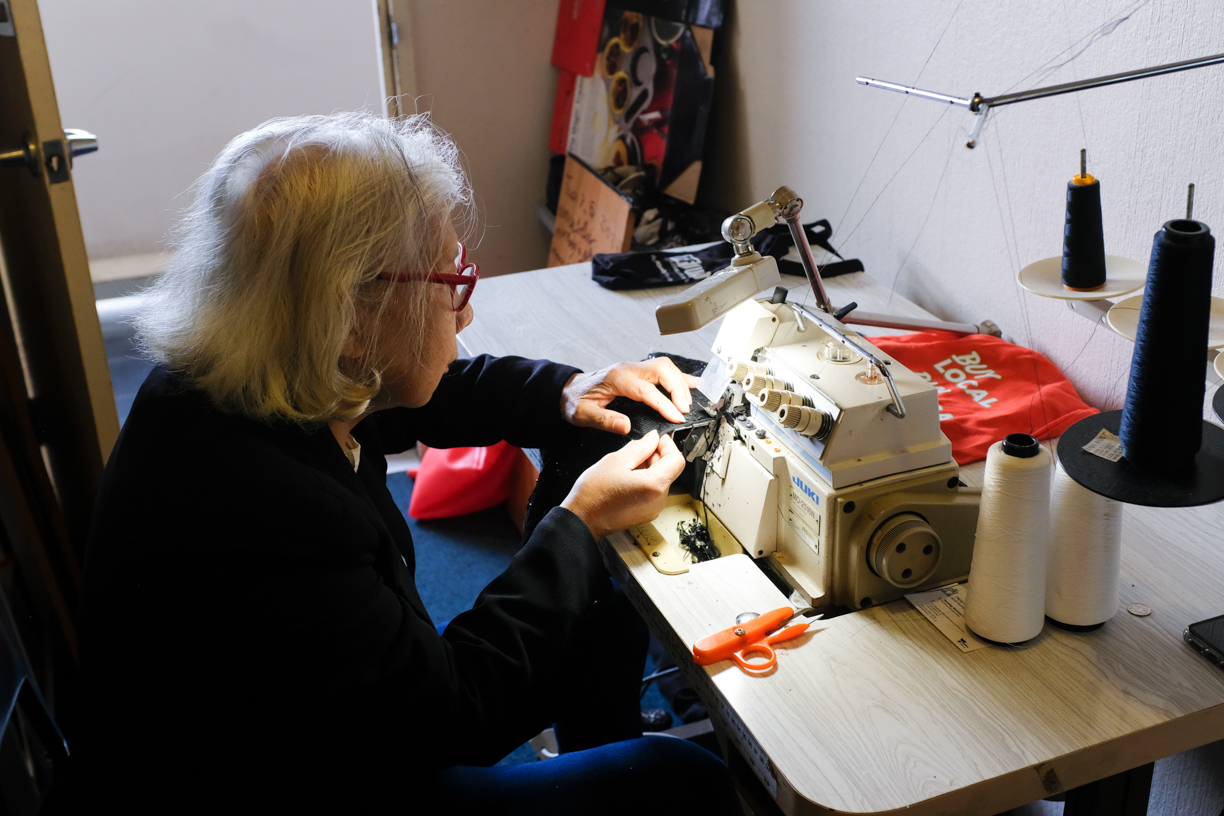
2010: The Rana Plaza disaster shines a spotlight on workers’ rights
After the Rana Plaza factory collapse in Bangladesh killed over 1,100 workers, IndustriALL and UNI Global Union co-founded the Bangladesh Accord (Accord on Fire and Building Safety in Bangladesh). Signed by over 40 brands, 2 global unions and 8 Bangladeshi trade unions, it was the first legally binding global agreement and multi-stakeholder initiative to improve factory safety, holding brands accountable for conditions in supplier factories.
2014: Federal funding withdrawn
Following the 2013 Federal Election, the newly elected Liberal-National Government under Prime Minister Tony Abbott withdrew federal funding for Ethical Clothing Australia.
2017 – 2019: Expanding in Victoria
Our important work continued as we received additional funding from the Victorian Government under Premier Daniel Andrews to accredit and promote ethical businesses and educate the industry on best practices.
“Homeworkers in the clothing industry can be isolated and vulnerable and Ethical Clothing Australia plays a crucial role in standing up for their rights.”
- Minister for Industry, Lily D’Ambrosio
The Victorian Government released a guide on procuring uniforms and PPE and established the Ethical Supplier Register. The register provided organisations with a list of registered suppliers of locally manufactured corporate clothing, uniforms, workwear, and PPE. Championing Ethical Clothing Australia accreditation as the standard for procurement, the Ethical Supplier Register not only supported small to medium enterprises, but also helped retain local jobs and sustain ethical employment practices.
In 2019, the Modern Slavery Act 2018 (Cth) came into effect, meaning that businesses with over $100 million in revenue now have obligations to comply under the Act. However, many local TCF businesses fall below the reporting threshold, which is why Ethical Clothing Australia’s role is vital – ensuring workers are protected, businesses are transparent, and exploitation is prevented.
2020 – 2024: Building a lasting legacy and global recognition
It was time to celebrate our 20th anniversary in 2020 and in commemoration of this milestone year, Ethical Clothing Australia Week was established. The annual celebration is dedicated to the skilled, local workers who make our uniforms, PPE, and other TCF products, and the accredited businesses that uphold fair labour practices.
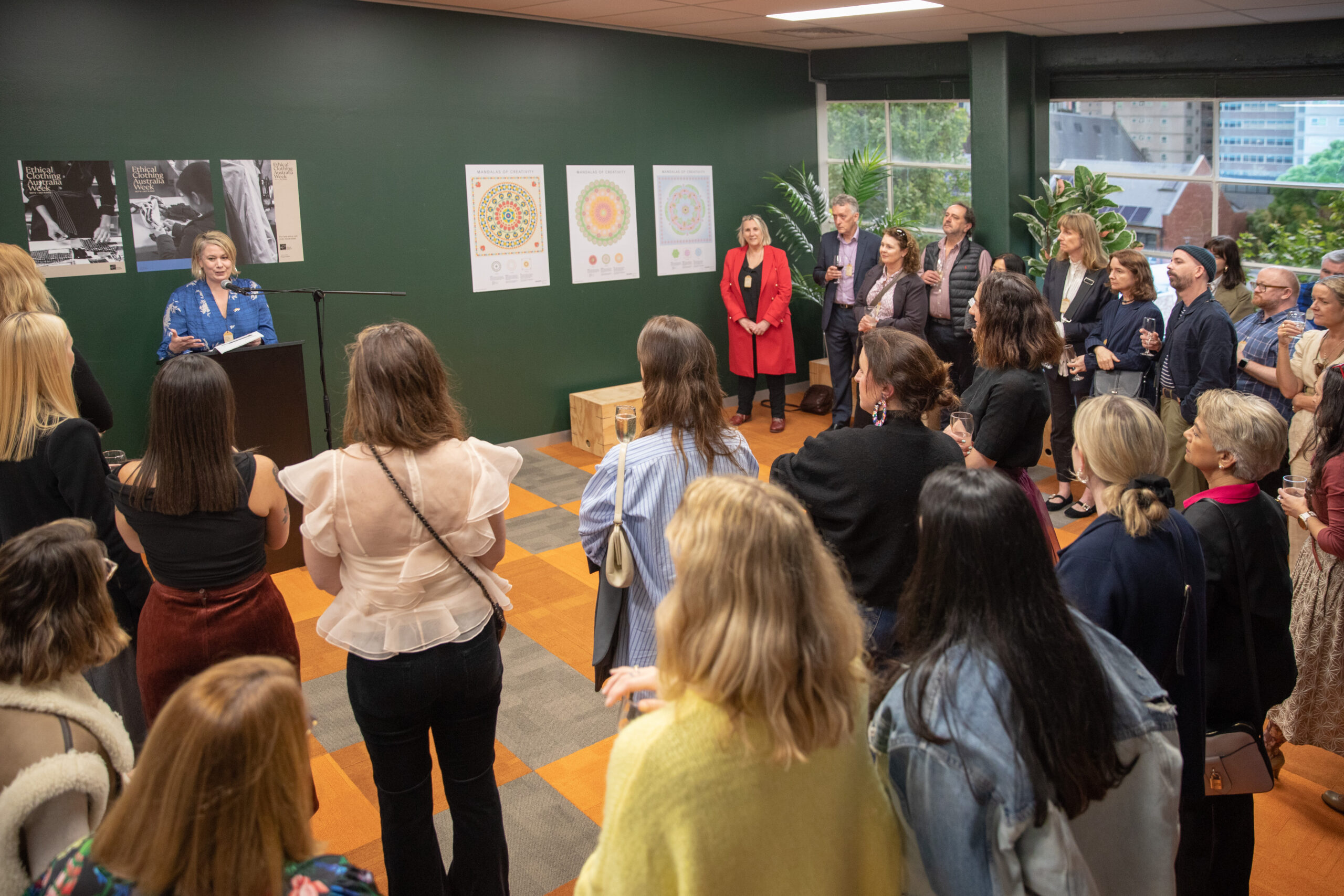
In 2022, federal funding was once again secured via the Labor Government under Prime Minister Anthony Albanese. This enabled us to continue our crucial work accrediting businesses, educating the TCF industry on best practices, and advocating for local and ethical manufacturing.
In June 2024, we provided evidence to the NSW Parliament Modern Slavery Committee’s Inquiry into the Ethical Clothing Extended Responsibilities Scheme (ECERS). Two months after our submission, the Committee tabled its final report, recommending that the Scheme be revived to better protect workers in NSW supply chains.
Our National Manager met with the UN Special Rapporteur on Contemporary Forms of Slavery, Professor Tomoya Obokata, during his visit to Australia in November 2024.
Internationally, the EU Corporate Sustainability Due Diligence Directive (CSDDD) is adopted, requiring companies to identify and address human rights risks in global supply chains.
2025: At 25 years old, we look to the future
Ethical Clothing Australia marks its 25th anniversary, planning events across four states.
Ethical Clothing Australia was mentioned by name in the Special Rapporteur’s ‘End of Mission Statement’ as an example of an organisation that embraces a multi-stakeholder approach in preventing modern slavery and protecting victims and survivors. Professor Tomoya Obokata also mentioned us in a 20-page report released in August 2025, which praised our accreditation program as a model for protecting vulnerable workers in Australia’s TCF industry – a powerful testament to the strength of our accreditation program and highlighting the need for more investment to create genuine change.
Research from Australian Human Rights Institute finds that the accreditation program is a global leader and differentiator in the market when it comes to protecting workers in the TCF industry.
A quarter-century on, Ethical Clothing Australia continues to create real, lasting and impactful change today for all workers within this sector, despite significant barriers in this fast-paced and ever-changing industry.
Related articles
Explore more insights, updates and stories from across Australia’s ethical and local manufacturing industry.

